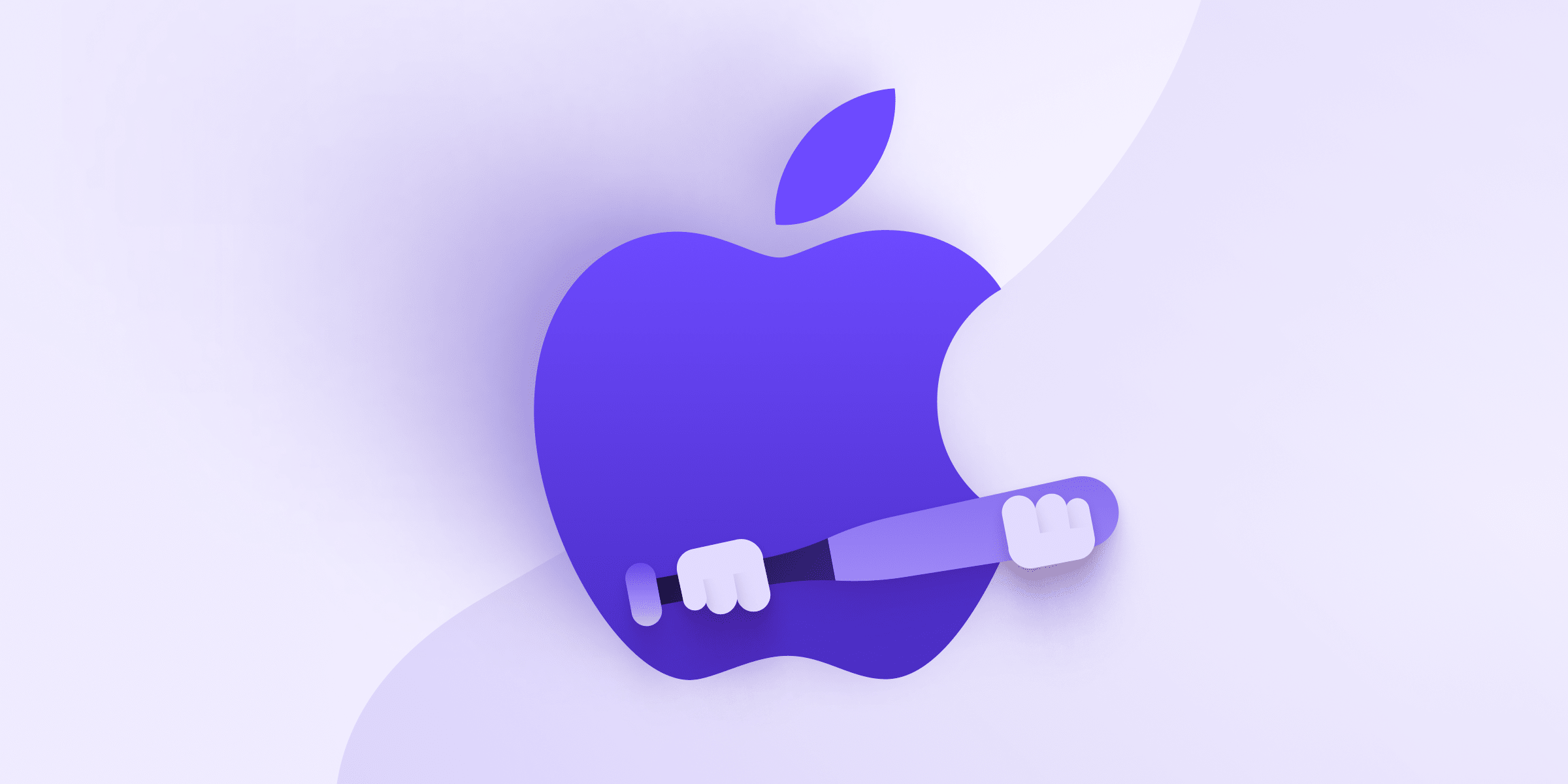Proton blog
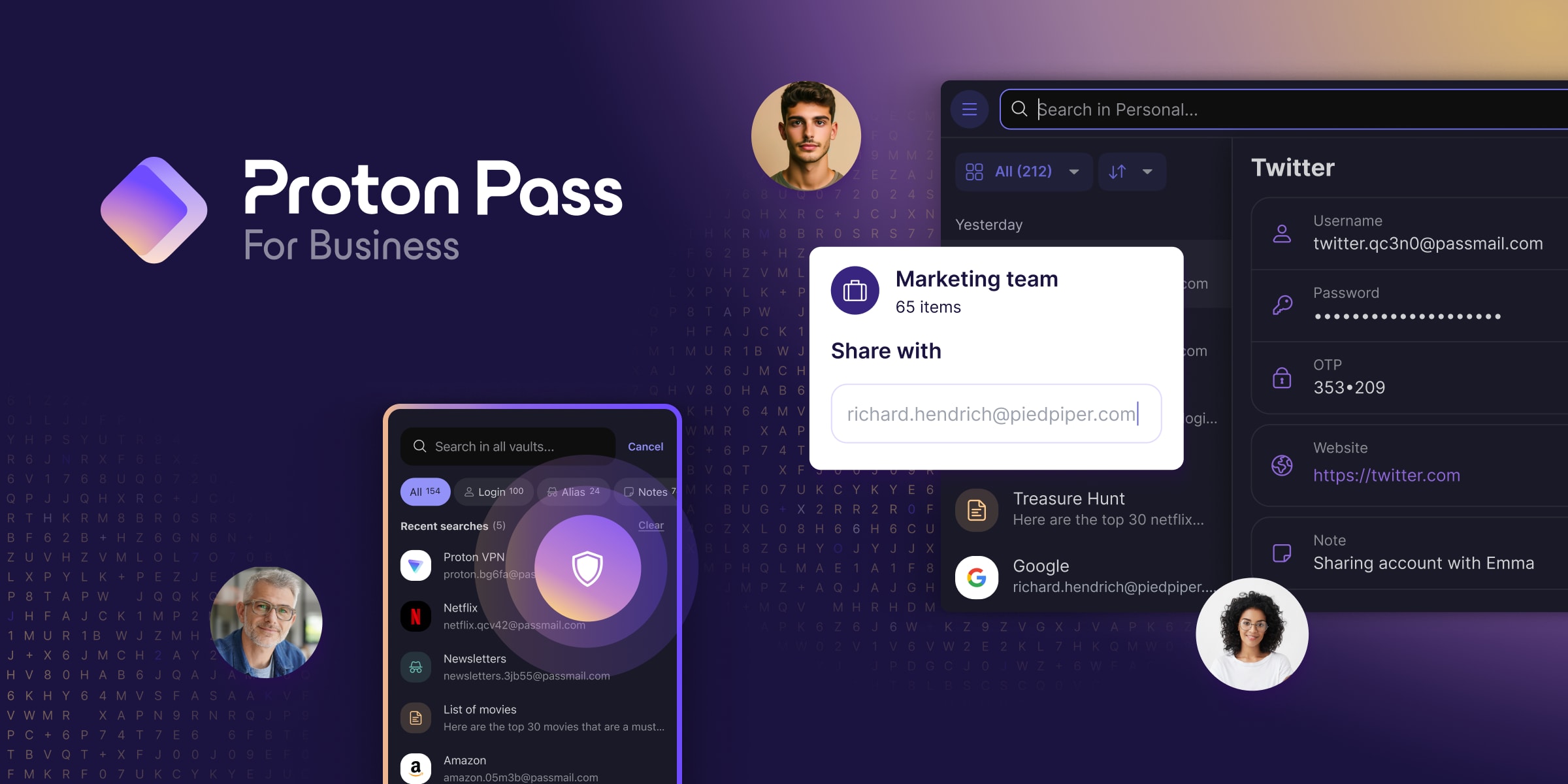
- Proton news
Introducing Proton Pass for Business – a Swiss vault for your team’s passwords
(new window)Latest articles
(new window)
Dropbox was the first mainstream cloud storage provider, and still the biggest
player on the market, with 700 million users in 2022. We took a dive into
Dropbox’s privacy policy to see how well the company protects the personal data
of those millions

- Privacy deep dives
There’s a saying that data is the new oil because of how valuable it is to the
digital economy. But what’s the value of your data, personally? Depending where
you live, information about you could be worth at least several hundred dollars
a year to F

- Proton news
Your organization’s data is only as secure as your employees’ passwords. Hackers
often target employees for this reason, and some of the biggest data breaches in
history were the result of weak passwords. Having a secure password manager for
your wor
Proton news
(new window)
- Proton news
Your organization’s data is only as secure as your employees’ passwords. Hackers
often target employees for this reason, and some of the biggest data breaches in
history were the result of weak passwords. Having a secure password manager for
your wor

We want to share a quick update and thank you for all your invaluable feedback
and support that has helped our team build a privacy-first identity and password
manager from the ground up.
To serve your best interests, Proton doesn’t rely on venture
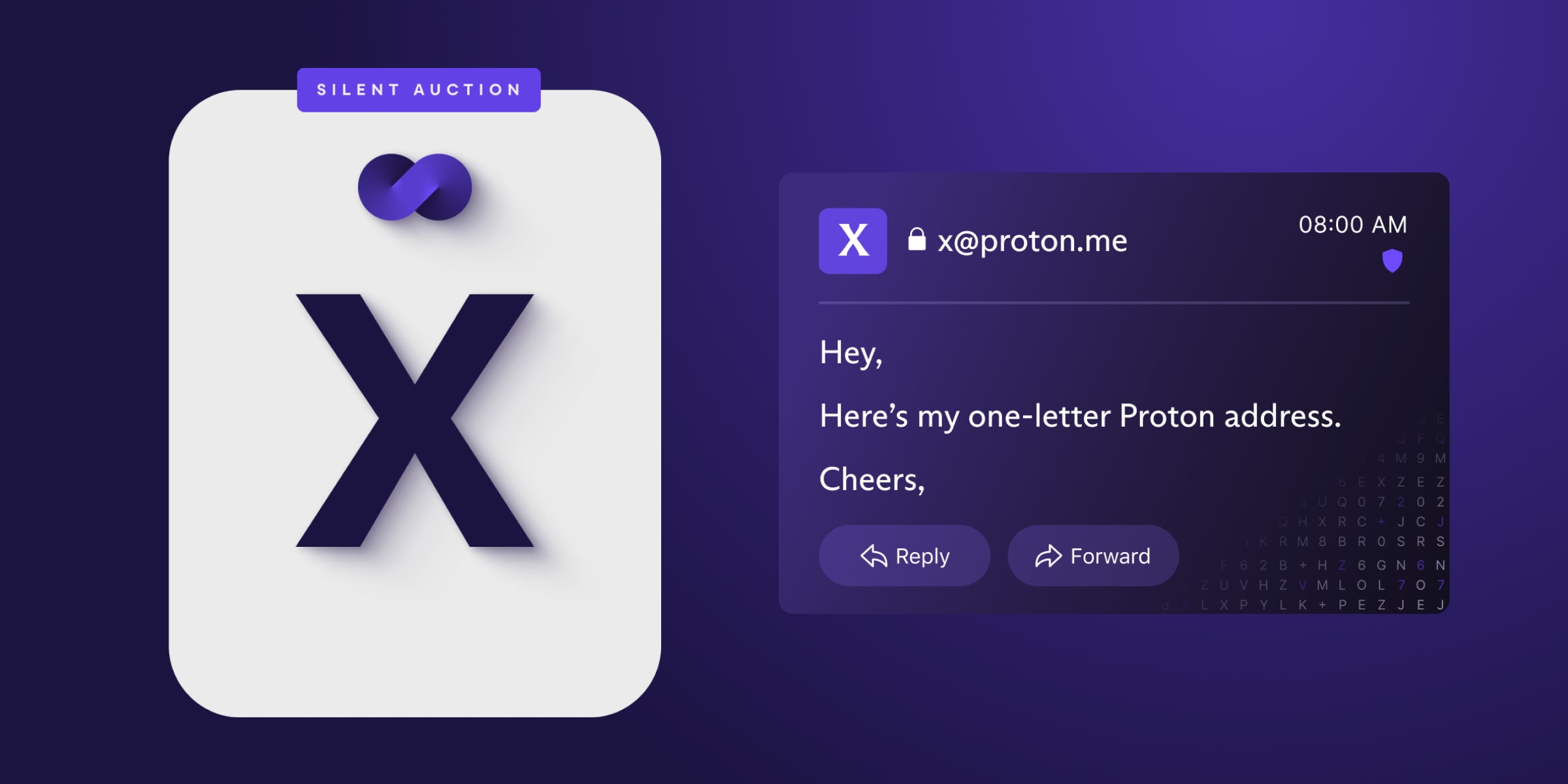
After receiving suspicious bids in our original fundraiser, we’re putting the
rare Proton username X back up for auction along with the X@ email address on
all the Proton domains (proton.me, protonmail.com, protonmail.ch, and pm.me)!
However this tim
Privacy news
(new window)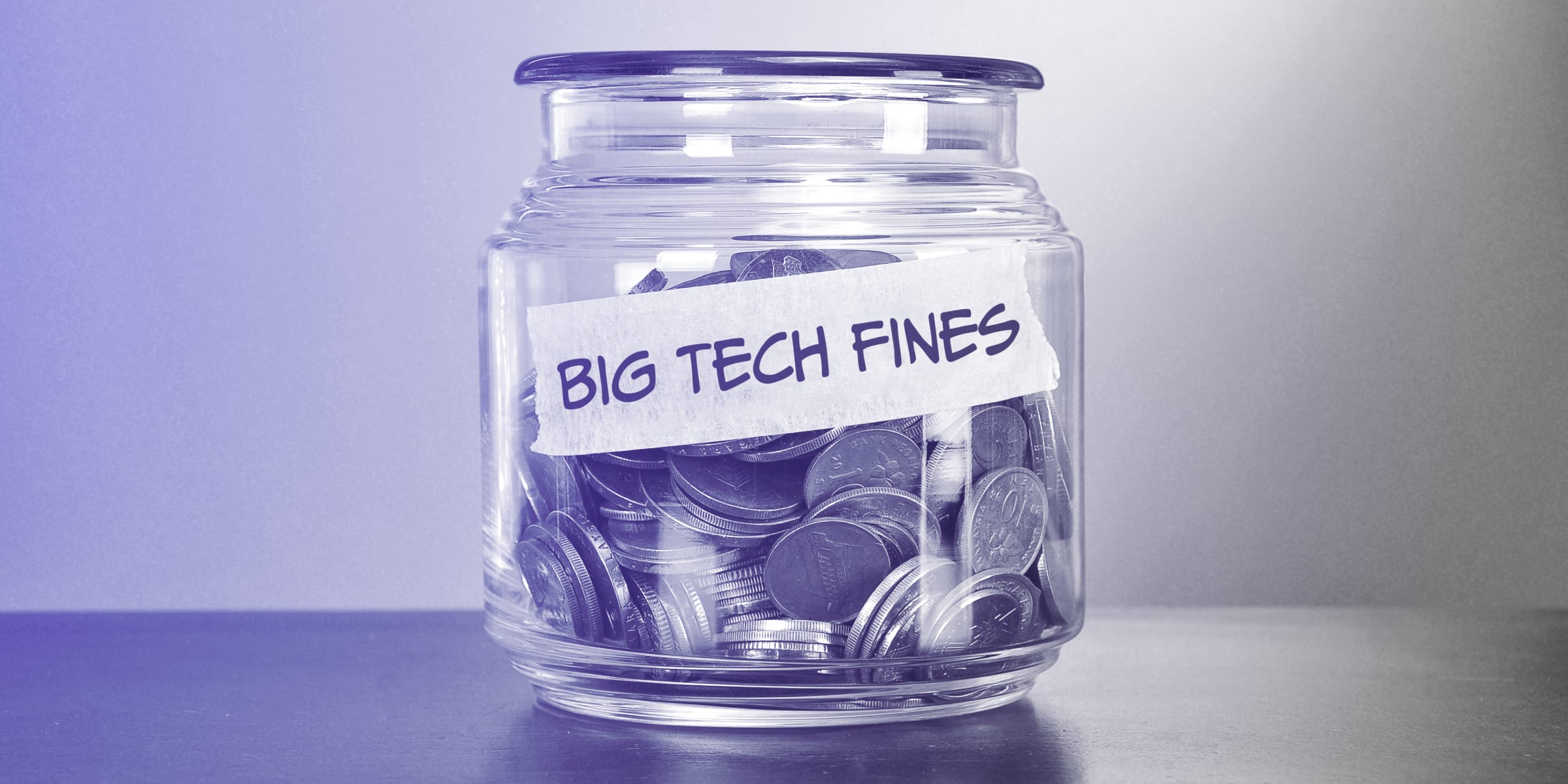
Last year, Big Tech companies (Alphabet, Amazon, Apple, Meta, and Microsoft)
received about $3.04 billion in fines for breaking laws on both sides of the
Atlantic. As of seven days and three hours into 2024, they had already earned
enough revenue to
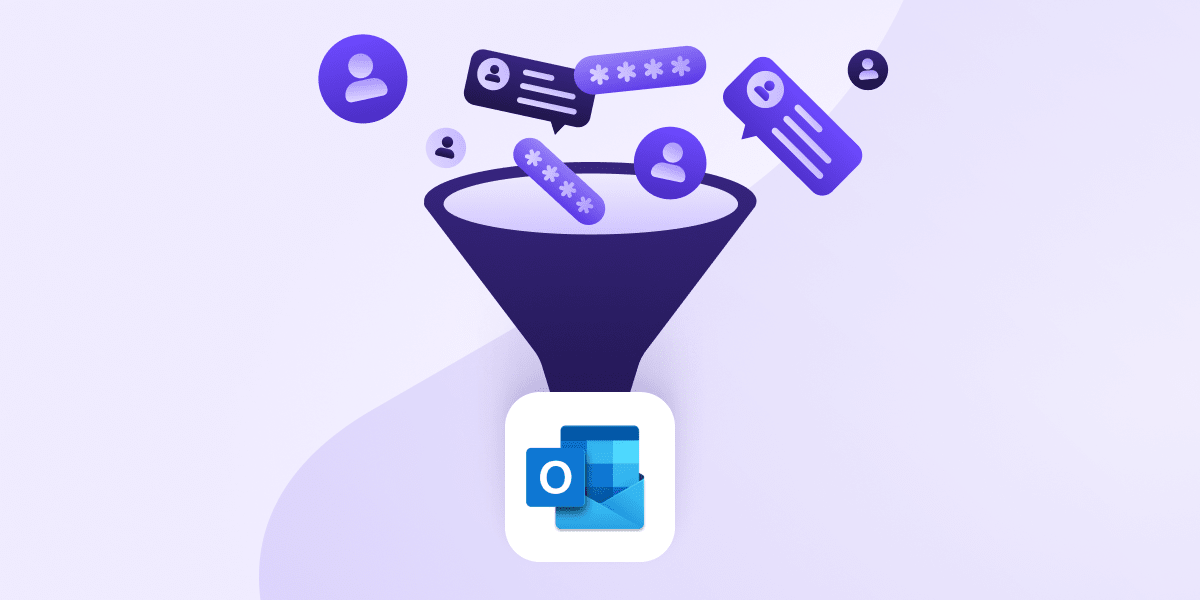
With Microsoft’s rollout of the new Outlook for Windows, it appears the company
has transformed its email app into a surveillance tool for targeted advertising.
Everyone talks about the privacy-washing campaigns of Google and Apple as they
mine your

Google has made sure that 2023 will go down as the year of privacy washing. It
introduced a new “ad privacy feature” for Chrome in September, and now it’s
broadened the release of the beta version of Ad Topics for Android (both part of
its misleading
Privacy basics
(new window)
Dropbox was the first mainstream cloud storage provider, and still the biggest
player on the market, with 700 million users in 2022. We took a dive into
Dropbox’s privacy policy to see how well the company protects the personal data
of those millions

- Privacy basics
If you want to leave Google, one of the first things you must do is stop using
its proprietary browser, Chrome, and its built-in password manager. A vital
first step towards leaving Google is downloading your passwords so you can
transition more easi

Ransomware is one of the more common and dangerous forms of cybercrime, but what
is ransomware exactly? In this article we’ll explain how it works, and what you
can do to prevent becoming the victim of a ransomware attack — and how to
recover if you
Privacy deep dives
(new window)
- Privacy deep dives
There’s a saying that data is the new oil because of how valuable it is to the
digital economy. But what’s the value of your data, personally? Depending where
you live, information about you could be worth at least several hundred dollars
a year to F

The biggest new threat to privacy in 2023 wasn’t any surveillance program. It
was the false advertising Big Tech companies use to trick people into thinking
their products are private.
Like oil companies claiming fossil fuels are “green”, Google, Ap
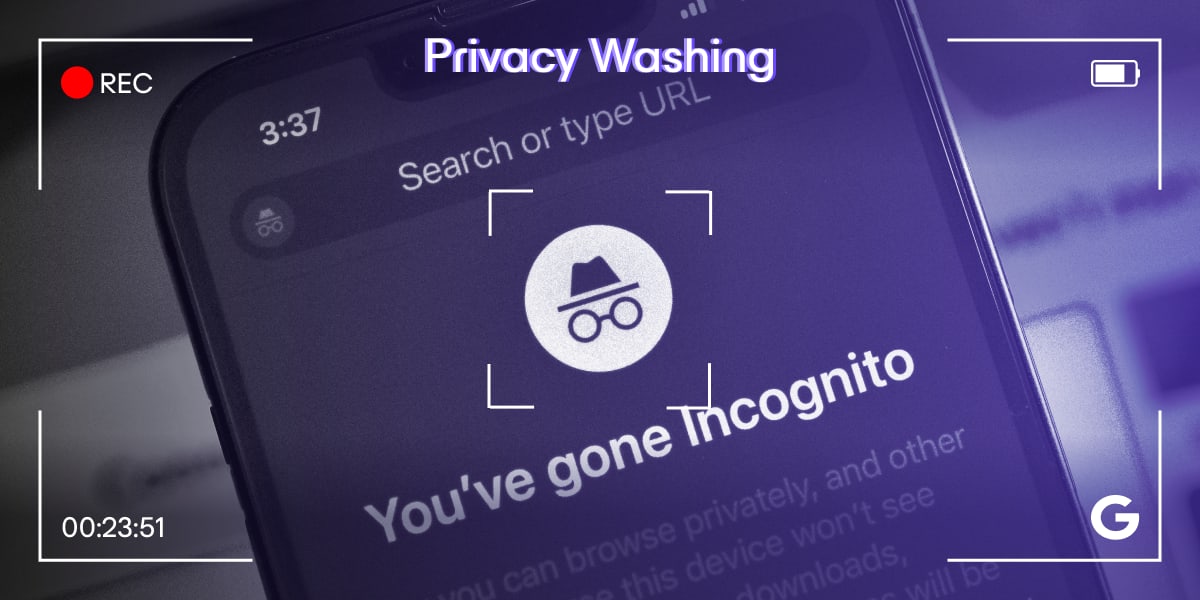
- Privacy deep dives
If a web browser tells you you’re “incognito” and can “browse privately”, you
might assume your online activities are private and no one is collecting your
data. But you’d be wrong.
It’s precisely this ambiguity that has landed Google in the crossha







